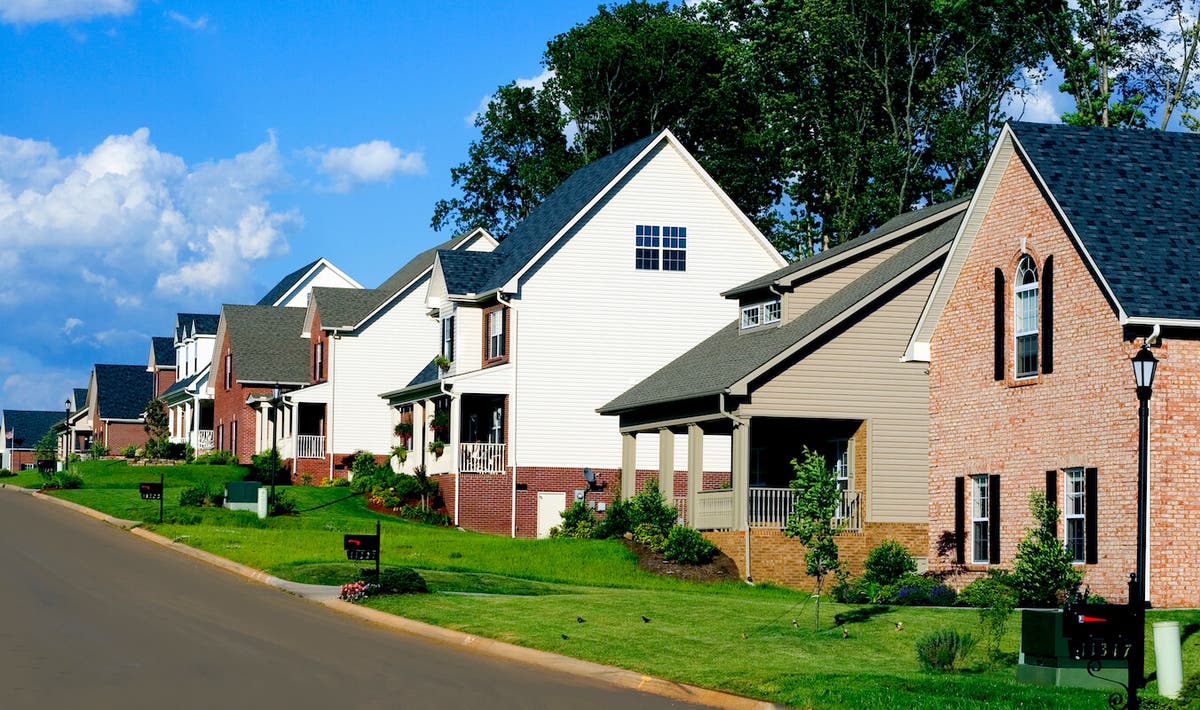What are HOA fees?
Your homeowner association (HOA) is responsible for maintaining the community spaces in your complex or subdivision while also setting rules to help the entire community maintain property values and keep people safe. To do this, most HOAs charge homeowners monthly fees that cover each homeowner’s portion of the common property expenses.
HOAs are most commonly found where homeowners share walls or have common areas, such as condominiums and townhouse communities. However, neighborhoods of detached single family homes can also have homeowner associations.
How special assessments work
Special assessments are additional fees that homeowner associations sometimes charge to cover unusual or unforeseen expenses, such as:
-
Capital improvement projects.
-
Large repairs to common areas.
-
Legal fees related to lawsuits.
-
Other big expenses.
These fees are typically added to normal HOA dues and can last for several months or years, depending on the reason for the assessment.
We help protect homeowners against some types of unforeseen assessments through loss assessment coverage. If you’re facing a large and unexpected assessment due to an event covered by condo insurance, then loss assessment coverage can usually help protect you against that cost.
What do HOA fees cover?
HOA fees are mainly for maintenance, but that can mean many different costs depending on your HOA’s rules and regulations. There might also be some other expenses that your HOA needs to cover. In general, however, you can expect your HOA fees to go toward:
-
Maintenance. Everyone uses common areas, so everyone shares in the upkeep of the property. That may include paying for landscapers to take care of the shared lawns, trees, and shrubs or a roofer when the roof needs repairs.
-
Improvements HOA fees often go toward upgrades to the community, such as installing a new playground in the community’s park or adding new security cameras.
-
Ongoing expenses. When you live in an HOA-governed area, your fees may also pay for things like insurance, property taxes, and city services such as trash removal.
-
Employees. Some HOAs have employees, like security guards or a lifeguard for a community pool. Your HOA fees may cover their salaries as well.
Most HOAs maintain a reserve or emergency fund to pay for unexpected expenses, such as a plumbing issue in one of the common areas.
Are HOA fees worth it?
One of the main purposes of a homeowner association is to protect property values. Without assessing HOA fees, the association wouldn’t have the resources to perform this job. If the HOA doesn’t have the resources to pay for services, maintenance, and improvements, everyone would be responsible for those costs on their own. That doesn’t mean property values would necessarily drop if the HOA disappeared, but it does put them at greater risk if neighbors choose to ignore maintenance issues.
Moreover, the types of housing structures that most often have an HOA also have common areas, such as recreation centers, workout rooms, and playgrounds. Even small communities can have walkways and lawns. People who share spaces almost always need guidelines to both protect homeowners’ rights and clarify their responsibilities.
Do you have to pay HOA fees?
You are obligated to pay HOA fees if you move into a community that is managed by a homeowner association. If you don’t, your HOA could assess late charges. They can even sue if you continue to ignore your fees. Should the association win the lawsuit, it may be allowed to take your back HOA fees out of your bank account or garnish your wages. Some states allow homeowner associations to start foreclosure proceedings on your property if you are consistently delinquent with HOA fees.
In addition to the legal actions that the HOA can take against you, it can revoke your privileges to use common areas, such as recreation centers and pools.
Why you should budget for HOA fees before your buy a house
HOA fees vary widely, depending on the size of your building or community and the number of services it needs to cover. The cost can be as little as $50 per month to well over $1,000 per month. While fees will depend on where you live and the amenities provided by your HOA, most people find that HOA fees are between $200 to $300 per month.
You want to keep HOA fees in mind when you’re looking to buy a home. Not only are you responsible for your monthly mortgage payments, but you are also responsible for the HOA fees. Depending on how big those fees are, the extra cost could affect your budget.

